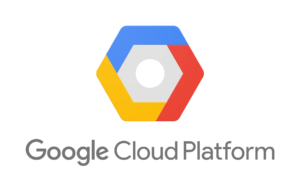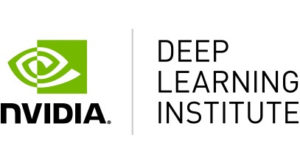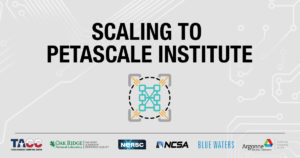Linux, Bash, Awk and Sed Workshops
Offered by the Laboratory for Molecular Simulation and High Performance Research Computing
Cost: Free
Introduction to Command-line Linux: cover the basics of working command-line with hands-on exercises.
Monday July 15: 1:00 – 2:00 pm
or
Friday July 19: 9:00 – 10:00 am
Introduction to Bash, Awk, and Sed: covers the basics of bash scripting and the data manipulation utilities Awk and Sed, including hands-on exercises.
Monday July 15: 2:00 – 4:00 pm
or
Friday July 19: 10:00 am – 12:00 pm



 Texas A&M Institute of Data Science invites you to attend a webinar on Google Cloud Platform (GCP) on March 20th, 2019 from 10:30AM to 11:30AM. This webinar is to help you understand the overall landscape of GCP. You’ll take a brief look at some of the commonly used features that GCP has to offer. Texas A&M attendees will be given $100 of GCP credits for free. The webinar link will be sent via email before the event.
Texas A&M Institute of Data Science invites you to attend a webinar on Google Cloud Platform (GCP) on March 20th, 2019 from 10:30AM to 11:30AM. This webinar is to help you understand the overall landscape of GCP. You’ll take a brief look at some of the commonly used features that GCP has to offer. Texas A&M attendees will be given $100 of GCP credits for free. The webinar link will be sent via email before the event.
